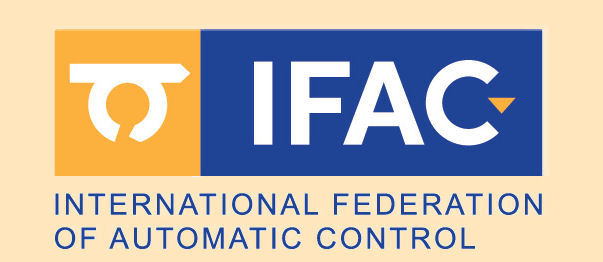| Paper MoBT3.5
Zheng, Chen (Faculty of Transportation Engineering,Kunming University of scie), Wu, Simin (Kunming University of Science and Technology,Kunming,650500,Chin), Shen, Shiquan (Kunming University of Science and Technology), JIangwei, Shen (Faculty of Transportation Engineering,Kunming University of scie), Liu, Yonggang (Chongqing University), Wanchao, Li (Faculty of Transportation Engineering,Kunming University of scie)
Real-Time Velocity Planning and Energy Management for Plug-In Hybrid Electric Vehicle Based on V2V and V2I Communications
Scheduled for presentation during the Invited session "Special session on benchmark challenging (1)" (MoBT3), Monday, August 23, 2021,
17:50−18:10, Room T3
6th IFAC Conference on Engine and Powertrain Control, Simulation and Modeling, August 23-25, 2021, Tokyo, Japan
This information is tentative and subject to change. Compiled on April 26, 2024
|


 This site is protected by copyright and trademark laws under US and International law.
This site is protected by copyright and trademark laws under US and International law.